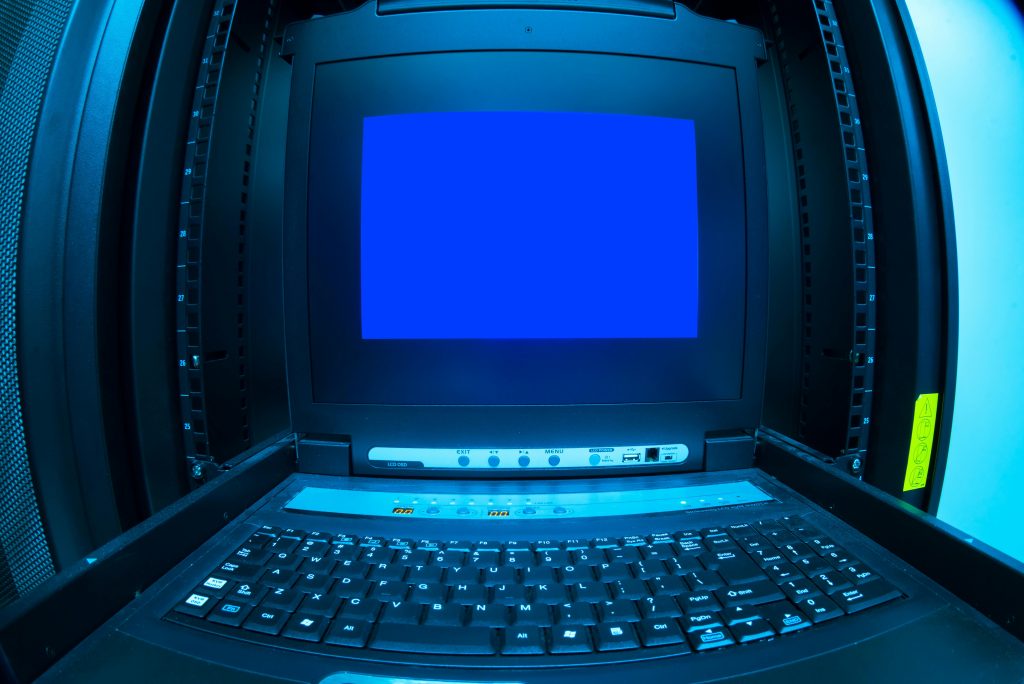Understanding Windows 11 Compatibility on New PCs: A Guide for Dell Laptop Owners
As technology enthusiasts, many of us look forward to upgrading our systems to the latest operating system to benefit from new features, enhanced security, and improved performance. However, it’s not uncommon to encounter compatibility issues, especially with recent hardware. If you’re a Dell laptop owner who recently received a new device and are facing difficulties updating to Windows 11, this article aims to provide clarity and guidance.
Assessing Your Device’s Compatibility
Many users report receiving messages indicating their PC does not meet the requirements for Windows 11. This situation can be perplexing, particularly when the device is brand-new and appears to have ample storage and modern hardware. It’s important to understand that Windows 11 has specific hardware prerequisites designed to ensure optimal performance and security. These include:
- A compatible 64-bit processor (dual-core or higher)
- At least 4GB of RAM
- A minimum of 64GB storage space
- UEFI firmware with Secure Boot capability
- Trusted Platform Module (TPM) version 2.0
If your Dell laptop was purchased recently and meets these hardware specifications, the incompatibility message may stem from other factors, such as disabled BIOS features or system configurations.
Common Causes for Compatibility Issues
One common reason for failing the compatibility check is disabled system features. For example, certain BIOS settings—such as Secure Boot or TPM—might be turned off, which can prevent the Windows 11 upgrade. Older firmware versions or custom BIOS configurations can also interfere.
Additionally, some hardware models might not be officially supported, or there may be driver compatibility issues. However, for most recent Dell laptops, these issues are often resolved through BIOS updates or enabling specific settings.
Is the Windows 11 Update Necessary?
Deciding whether to proceed with upgrading to Windows 11 depends on your needs and the benefits it offers. Windows 11 introduces several new features, including an updated interface, improved virtual desktops, and enhanced gaming capabilities. It also focuses on greater security measures.
However, if your current setup meets your needs and runs smoothly, there’s no immediate urgency to upgrade. Windows 10 will continue to receive support until October 2025, providing ample time to evaluate or migrate when it suits your preferences.
Will Your PC Continue to Function Without the Windows 11 Update?
Absolutely. Your Dell laptop will remain fully functional and supported with Windows 10 or whichever version you currently use. Upgrading is optional; many users choose
Share this content:



